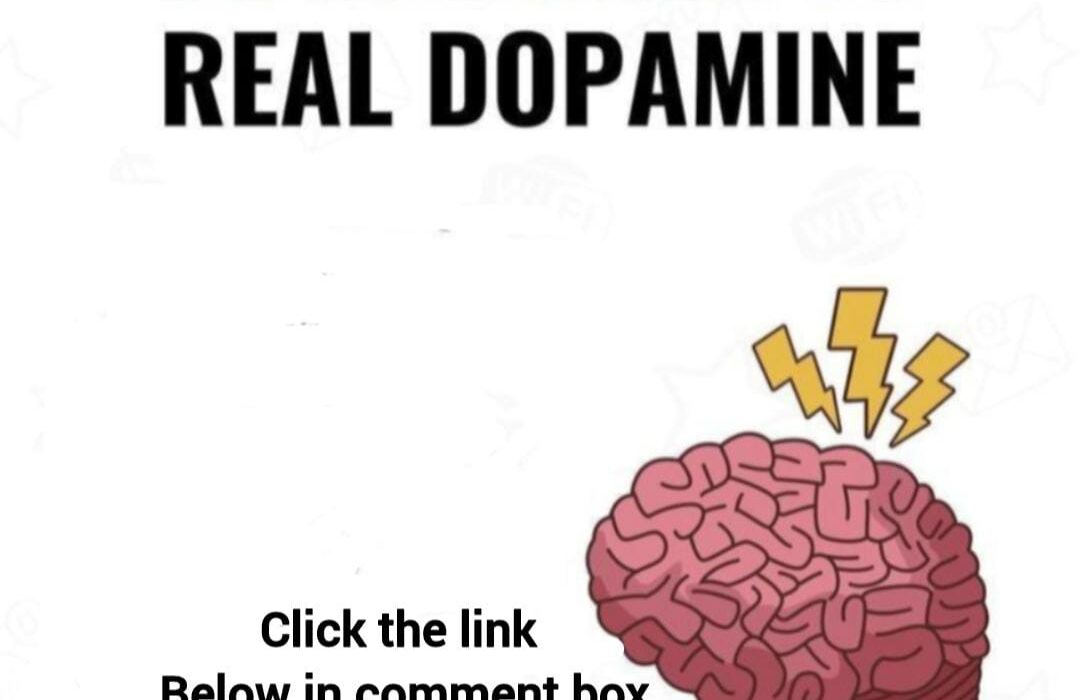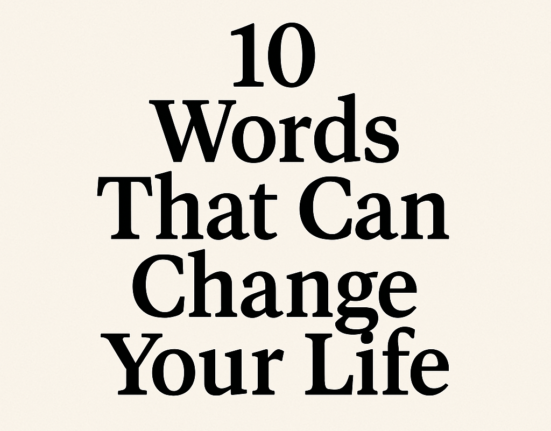Be Addicted to Real Dopamine: A Guide to Authentic Fulfillment
In a world obsessed with instant gratification, the word “dopamine” has become a buzzword. Scroll through your phone, check your likes, binge-watch a series, or devour a bag of chips—each one gives you a quick hit of this feel-good chemical. But have you ever stopped to wonder: Is this real dopamine—or just a counterfeit version of it?
Let’s dive into what it means to be addicted to real dopamine, and how doing so can change your life from the inside out.
What Is Dopamine, Really?
Dopamine is a neurotransmitter—a chemical messenger in your brain—that plays a big role in how you feel pleasure, stay motivated, and pursue goals. It’s often called the “motivation molecule” because it helps you take action toward things you find rewarding.
But here’s the thing: dopamine isn’t inherently bad. In fact, it’s essential for survival. The problem isn’t dopamine itself—it’s where we get it from and how often.
There are two main kinds of dopamine hits:
- Artificial Dopamine Hits: These are instant, shallow, and fleeting. Think scrolling endlessly on social media, bingeing junk food, or constantly checking notifications. They’re easy to access, but offer little long-term value.
- Real Dopamine Hits: These are slower, deeper, and more meaningful. Think finishing a workout, solving a hard problem, learning something new, helping someone, or building something over time.
The Dopamine Hijack
Modern life has hijacked our dopamine system. Tech companies, food industries, and media outlets know how to exploit it. They design products to keep us hooked, giving us little spikes of dopamine every time we scroll, click, or consume.
This leads to what’s called “dopamine burnout.” Your brain becomes desensitized to real rewards. You feel bored easily, you procrastinate more, and things that once excited you now feel… dull.
The result? You chase short-term pleasure and avoid anything that requires effort—even if that effort leads to long-term happiness.
Real Dopamine vs. Fake Dopamine: What’s the Difference?
| Fake Dopamine | Real Dopamine |
|---|---|
| Instant | Delayed |
| Easy | Requires effort |
| Passive | Active |
| Shallow satisfaction | Deep fulfillment |
| Short-lived | Long-lasting |
| Addictive | Empowering |
| Leaves you drained | Leaves you energized |
The goal is not to eliminate dopamine—it’s to rewire your brain to crave the right sources. This is what it means to be “addicted to real dopamine.”
How to Cultivate a Real Dopamine Lifestyle
Here are some ways to transition from chasing shallow pleasure to building deep, lasting fulfillment:
1. Delay Gratification
One of the most powerful ways to experience real dopamine is to delay gratification. This means resisting the easy hit now for a greater reward later.
- Skip the instant scroll and finish your task first.
- Don’t check your phone first thing in the morning—do something meaningful instead.
- Wait until after a workout or study session to treat yourself.
Delaying gratification rewires your brain to associate pleasure with discipline.
2. Set and Achieve Small Goals
Every time you complete a meaningful goal—no matter how small—you get a powerful, healthy dopamine hit.
- Write a to-do list and check off tasks.
- Break big goals into tiny steps.
- Celebrate progress, not perfection.
Progress is naturally rewarding. That’s why even tidying your room or drinking enough water can feel so good.
3. Embrace Boredom
Boredom is a lost art. When we’re constantly entertained, we never allow our brains to reset. Real creativity, insight, and motivation come from moments of stillness.
Try this:
- Sit with your thoughts for 10 minutes.
- Go for a walk without your phone.
- Resist the urge to fill every silence.
Let your brain breathe. You’ll be amazed at what bubbles up.
4. Do Hard Things
The most satisfying dopamine comes from doing hard things—the things you resist, avoid, or procrastinate on.
- Workout when you don’t feel like it.
- Study when you’d rather watch Netflix.
- Have the tough conversation you’ve been avoiding.
Hard things build character, confidence, and chemical balance in your brain. They teach your brain that effort equals reward.
5. Create, Don’t Just Consume
Consuming content is easy and passive. Creating is active and fulfilling.
- Write something.
- Make art.
- Build a project.
- Cook a new meal.
When you create, you produce dopamine the right way—through meaningful engagement, not passive scrolling.
6. Practice Mindfulness
Mindfulness brings you back to the present, where real life—and real dopamine—happens.
- Meditate for 5–10 minutes daily.
- Do breathing exercises when stressed.
- Be fully present during meals, conversations, and routines.
Mindfulness helps you break the cycle of overstimulation and brings your attention back to what actually matters.
7. Sleep, Move, and Nourish
Your brain can’t process dopamine properly if your body is neglected.
- Sleep: Aim for 7–9 hours. Poor sleep wrecks your dopamine balance.
- Exercise: Moving your body naturally boosts dopamine and serotonin.
- Nutrition: Eat whole foods rich in tyrosine (bananas, almonds, eggs, etc.), which help your body produce dopamine.
Physical health = chemical balance.
8. Practice Gratitude
Gratitude shifts your focus from what you lack to what you have—instantly changing your brain chemistry.
- Write down 3 things you’re grateful for every morning.
- Reflect on wins, however small.
- Say thank you often and mean it.
Gratitude is one of the simplest, most powerful sources of authentic joy.
Rewiring the Reward System
Becoming “addicted” to real dopamine isn’t about becoming robotic or perfectly productive. It’s about learning to love the right things—the things that build you, stretch you, and give life meaning.
It’s waking up and choosing:
- Fulfillment over fantasy
- Depth over distraction
- Creation over consumption
- Long-term joy over short-term buzz
And yes, it takes time. It takes practice. But every time you choose effort over ease, presence over passivity, you’re reinforcing a better reward system.
Closing Thoughts
In a world that constantly tempts us with cheap thrills, being addicted to real dopamine is a quiet rebellion. It’s choosing to live with intention in a distracted age. It’s about making your brain work for you, not against you. And most of all, it’s about reconnecting with the parts of life that actually matter—growth, connection, purpose, and peace.
So start today. Make one choice that gives you real dopamine—not the fake kind. Then do it again tomorrow.
Soon, you won’t just feel better.
You’ll be better.





Leave feedback about this